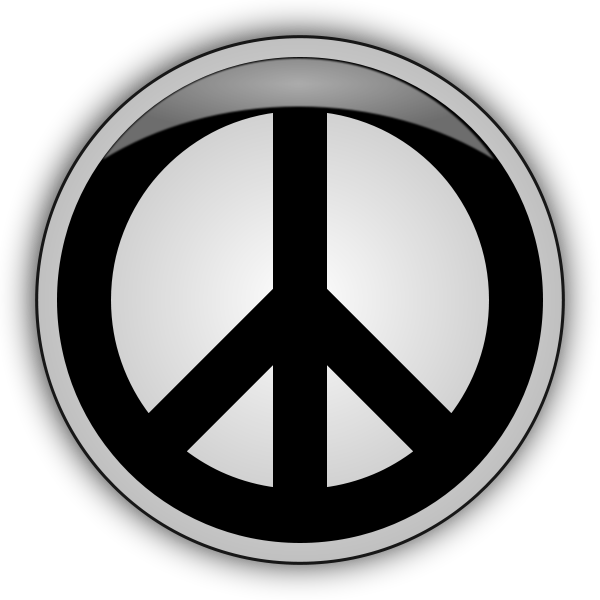It may seem obvious why the vast majority of the people on Earth are opposed to nuclear weapons. They are insanely powerful and destructive. They could vaporize big cities in a blinding flash of light and heat. That being said, there are other reasons that nuclear weapons are being opposed.
From a strictly military point of view, the strategic ballistic missiles and huge bombs may be useful for deterrence but they lack the discrimination of a good tactical weapon. Powerful explosives are an important part of any military arsenal but in a sense, nuclear bombs are too powerful. There have been attempts to make smaller nuclear weapons such as mortar shells that could be used on a battle field or against specific military targets but there are still problems with their manufacture, deployment and use which make them less attractive. And there is the problem of the bright red line of non-nuclear war versus nuclear war. If one party starts lobbing tactical nuclear weapons around, the other party will be motivated to consider the use of strategic megaton warheads in response.
Usually the intent of warfare is to defeat an enemy by destroying their military capacity. Wiping out civilians has been a secondary and somewhat frowned upon goal. There have been famous instances where a conquering army has completely destroyed their opponents’ cities and, in the instance of Rome and Carthage, rendered their land uninhabitable for generations. These are the exceptions rather than the rule. Generally, the conquerors have wanted to exploit the citizenry and physical resources of their defeated enemies. There have been efforts to create a ‘neutron’ bomb which would wipe out people but leave buildings intact but that still leaves an empty city with no workers. Strategic nuclear weapons are just too destructive.
Nuclear blasts throw huge amounts of dust and debris into the atmosphere including radioactive particles. This material, called fallout, falls back to the ground over time. The area surrounding the destruction caused by the explosion itself can be rendered uninhabitable by fallout. Depending on the size of the blast and the location, fallout can be caught up in high air currents such as the jet stream and carried for thousands of miles, even circling the planet. So, regardless of where an explosion occurs, entire hemispheres of the Earth can be threatened by the fallout. If either India or Pakistan attacked the other, the prevailing winds would carry fallout back to the land of the attacker. If a nuclear exchange of one hundred big warheads took place, enough dust and smoke would be injected into the atmosphere to cut sunlight down to the point where agriculture would be threatened. This is called a nuclear winter and millions if not billions would starve.
There has been much work on treaties to prevent the spread of nuclear weapons beyond the few countries who possess them. However, the fact that a country without nuclear weapons feels threatened by a country with nuclear weapons is a very strong motivation to acquire them. The world has been lucky so far that some insane leader of a country with nuclear weapons has not attacked an enemy but it could happen. There are politically unstable countries that possess nuclear weapons, such as Pakistan, that could disintegrate into chaos leaving the world wonder who is going to wind up with the nukes. If a non-state player such as a terrorist group got their hands on a nuclear bomb, they could take out a big city. These are just some of the political problems of nuclear weapons.
In the end, nuclear weapons are a very bad idea for a number of reasons, military, political, climatic, environmental and health. The whole world would suffer in a nuclear war broke out anywhere. For all these and more reasons, nuclear weapons should be eliminated as soon and as completely as possible.
Peace symbol made by combining the semaphore flag positions for ‘n’ and ‘d’, standing for nuclear disarmament:
